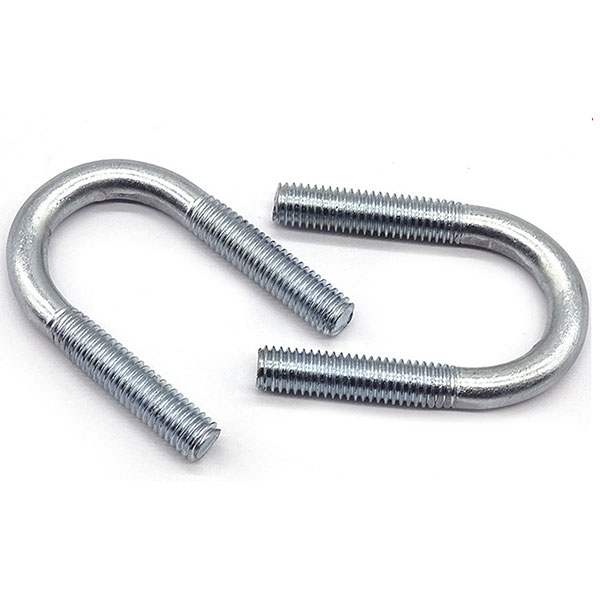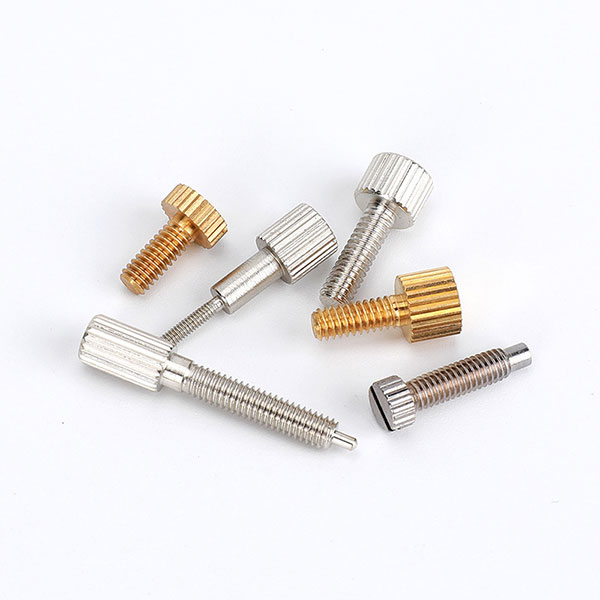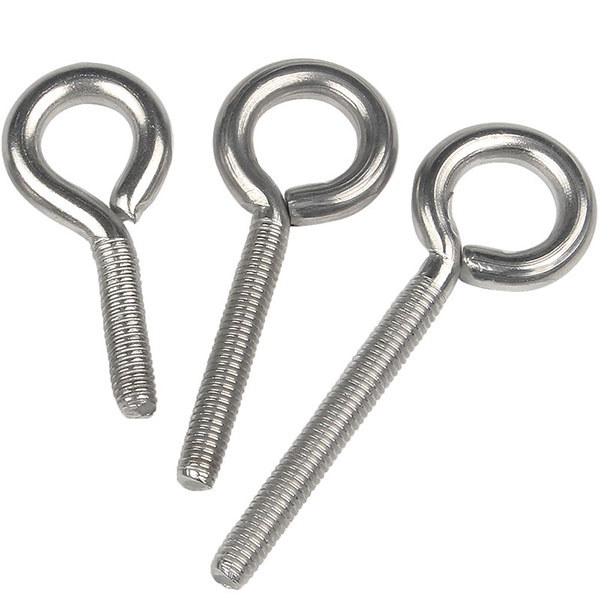Custom bolts are tailored to specific needs, which can include variations in length, diameter, thread size, and head type. The customization options allow these bolts to fit perfectly into any given application, providing a precise fit and functionality.
Applications
Custom bolts find extensive applications across various industries due to their tailored designs and specific functionalities:
- Construction and Infrastructure: Used in structural steelwork, bridges, buildings, and other infrastructure projects, providing stability and support.
- Oil and Gas Industry: Employed in offshore rigs, pipelines, and refineries, ensuring safety and reliability in harsh conditions.
- Medical Equipment: Vital in medical devices and equipment where reliability and sterile conditions are paramount.
- Consumer Goods: Used in consumer products like furniture, electronics, and appliances for specific fastening solutions.
- Machinery and Manufacturing: Integral to assembling heavy equipment and machinery, ensuring parts are securely fastened.
- Specialized Machinery: Crafted for specialized machinery in industries like mining, agriculture, and renewable energy, ensuring operational efficiency and safety.
Material Options
Customized bolts can be made from various materials like stainless steel, carbon steel, aluminum, brass, or exotic alloys, depending on the project’s requirements. Threads can be customized for different thread pitches, lengths, or special thread forms to suit specific applications, ensuring that the bolts meet precise functional needs and environmental conditions.
Common materials include:
- Carbon Steel: High strength and cost-effective, suitable for various applications.
- Stainless Steel: Offers excellent corrosion resistance and is popular in many uses.
- Brass and Bronze: Preferred in saltwater and where conductivity matters, known for their corrosion resistance properties.
- Aluminum: Lower strength than steel but has low weight and good corrosion protection behavior.
- Titanium: Superior corrosion resistance, strength-to-weight ratio, and thermal stability, perfect for high-performance applications.
Installation Process
The installation process for custom bolts involves selecting the appropriate size, aligning the bolt with the hole, and securing it with a compatible nut or washer. To ensure proper maintenance, it is essential to regularly inspect custom bolts for signs of wear, corrosion, or loosening, and to follow proper torque values during tightening.
Types of Customized Bolts
Custom bolts come in various types, each tailored to meet specific project requirements based on factors like material, design, and functionality. Common types include hex bolts and nuts, anchor bolts, stud bolts, U-bolts, eye bolts and screw eyes, and specialty bolts.















